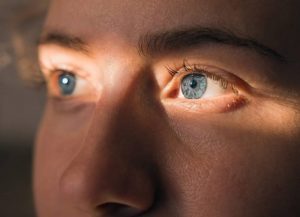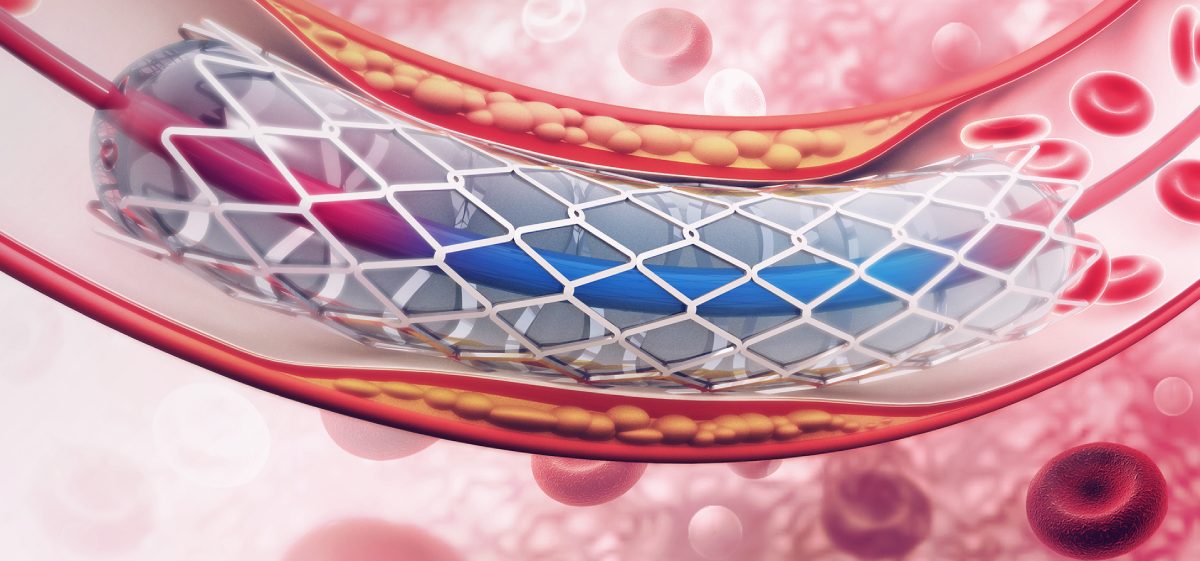Symptoms of the eyes of a person with diabetes
According to the Centers for Disease Control and Prevention, diabetes affects more than 30 million people in large countries. This chronic condition affects the conversion of food into energy in the body. It may not be diagnosed in the early stages, but if you Notice that diabetes has affected your eyes, which means your blood sugar levels have risen dramatically.
Blurred vision can be an early sign of diabetes.
Blurred vision is a common occurrence among people with uncontrolled diabetes. Blurred vision, especially after eating, should be taken seriously, and a doctor should be consulted for appropriate treatment. A sudden rise in blood sugar after a meal can cause blurred vision due to a sudden rise in blood glucose that affects the inner layer of the eye and lens and causes them to swell.

This swelling is caused by the movement of fluids in and out of the eye and changes the shape of the lens, so you have to wait for the vision to change. According to studies, regular eye exams can be a way to ensure normal blood sugar levels, and it may take a few days or even six weeks after starting treatment for these effects to subside gradually. If left untreated, diabetes can lead to serious eye problems.
Diabetic retinopathy
Diabetes is a disease that progresses gradually. If type 2 diabetes is not treated, disproportionate blood glucose levels can cause problems in various cells and organs, leading to kidney damage. They may lead to dialysis, eye damage, and increased blindness or increased risk of disease. In addition, it causes a heart attack or stroke.
When diabetes affects the eye, rhinoplasty (a disease caused by abnormal growth of blood vessels in the retina) occurs. Diabetic retinopathy can also cause bleeding behind the eyes, which can impair vision and cause glaucoma or complete loss of vision.
Night vision change
Note how many times you see several cars while driving at night or how you see symptoms at night because many of you have probably noticed your vision problems at night, in which case you should see an ophthalmologist.
Infection and discharge
An eye test is not the only practical tool for detecting vision changes and should also be examined by your ophthalmologist. For example, sometimes, eye discharge indicates an infection. Some of these infections go away on their own, but some need to be treated. In addition, itching, redness, or discharge can be signs of eye problems.

Burst headaches
Headaches can have many causes, including stress and anxiety. This is especially true when vision changes occur most of the time, and if you feel your headaches are worse than before, you may need to have a diabetic eye test.
Chronic eye fatigue
Eye fatigue is not new and can happen to anyone for any reason, especially for people who spend a lot of time watching computer screens, cell phones, TV, or even plain text. Still, if you feel after Rest does not improve or does not last more than three days, they act more seriously.
Sensitivity to light
Infections and corneal problems, and some disorders can affect vision and cause photosensitivity. If you find yourself sensitive to light that does not go away after a short time or returns suddenly, you should contact a Consult expert.
Difficulty concentrating
It is difficult to concentrate on most eye problems, especially when looking at the printed paper or a computer screen, and if you feel you can not focus on certain objects or writing, you may have vision problems.

There are several types of diabetes that you should be aware of
When blood sugar levels rise, and people are treated, or type 2 diabetes is not diagnosed, they may have symptoms other than blurred vision. These people often experience severe thirst, frequent urination, severe physical fatigue, recurrent skin infections, and difficulty healing wounds. Other symptoms of diabetes include unexplained weight loss, numbness or tingling in the fingers and toes, skin infections, and increased hunger.
According to research and studies, people with type 1 diabetes do not produce any insulin. They usually notice the symptoms faster because their condition is more severe. People with type 2 diabetes also do not have enough insulin but naturally, have milder symptoms, and their illness may remain unknown.
solution
Regular blood sugar monitoring and eye tests are the best way to prevent diabetes from affecting your eyesight.
If you have diabetes, you should check your blood sugar levels regularly.
Perform regular eye exams to prevent permanent eye damage. If you have recently had type 2 diabetes, see your eye doctor as soon as possible.
If your tests do not show any eye damage, have your retina checked by a specialist every two years.










